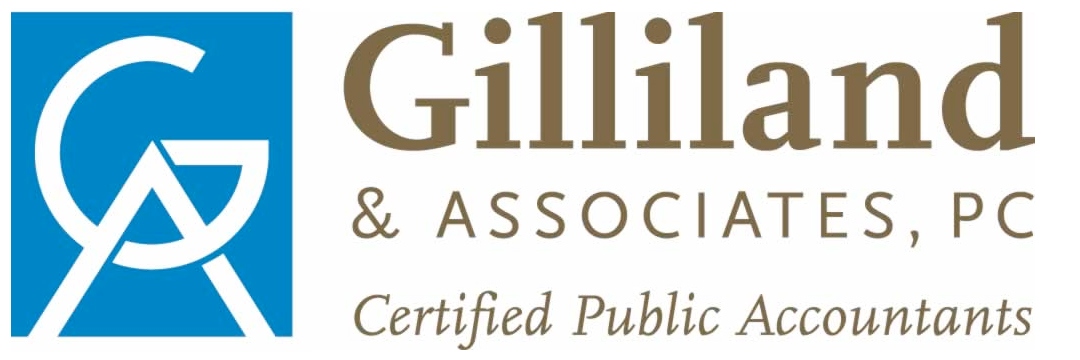Act fast if you want to cut your 2010 taxes
1. Tax rates are likely to go higher in 2011, so you might benefit from shifting income into 2010 and delaying deductions until 2011. It’s always a matter of personal circumstances, so analyze the two-year results of shifting income and deductions before you do anything.
2. Remember that required minimum distributions from retirement plans are back this year. If you’re over 70½, your 2010 distribution must be taken by December 31 or a 50% penalty may apply. If you turn 70½ this year, you could wait until April 1, 2011, to take your first distribution. In deciding, consider the likelihood of higher tax rates next year and the fact that a delay means you’ll have two taxable distributions for 2011.
3. With the $100,000 income limit dropped for converting a traditional IRA to a Roth, consider doing a conversion before year-end. You can elect to pay the tax over two years’ tax returns, 2011 and 2012, or pay in full on your 2010 return.
4. Consider buying needed equipment for your business to benefit from the first-year $500,000 expensing option and 50% bonus depreciation.
5. If you’re planning to add employees soon, do so before January 1, 2011. If you hire someone who has been unemployed for a while, you might qualify for an exemption from social security payroll taxes on the new hire’s wages. Keep the new worker for at least a year and you could also qualify for a tax credit of up to $1,000.
6. Start a pension plan for your small business. You may be entitled to a credit of up to $500 in each of the plan’s first three years.
7. Review your portfolio and start thinking about offsetting gains and losses for the year. You can deduct $3,000 of losses against ordinary income.
